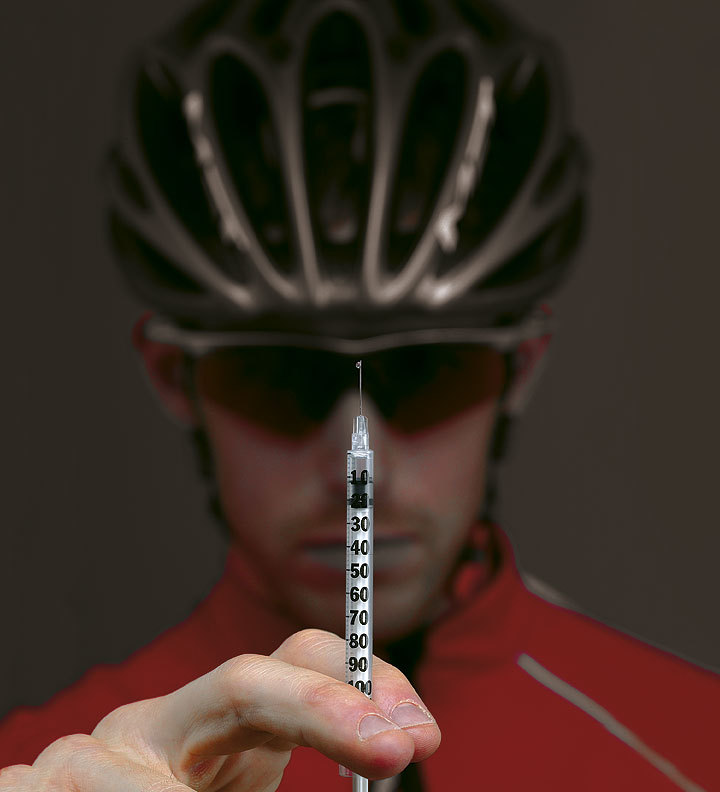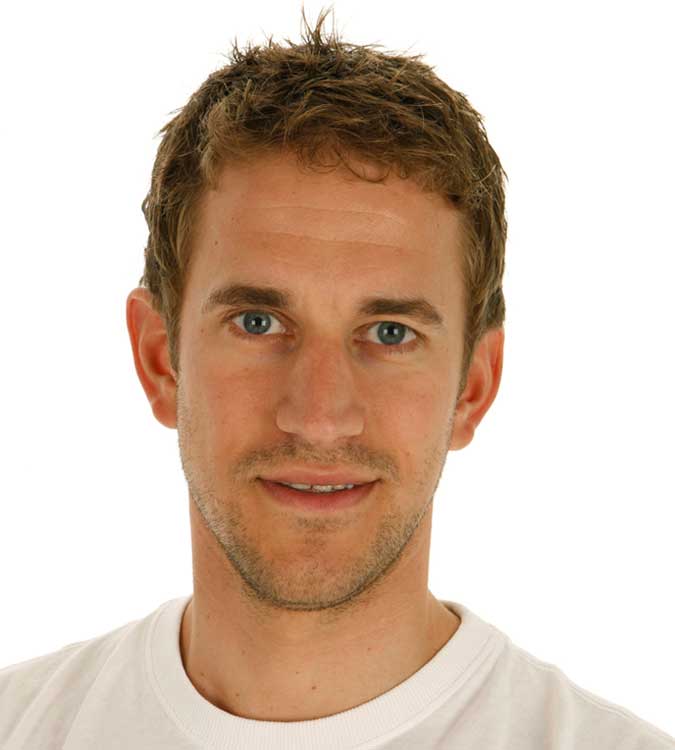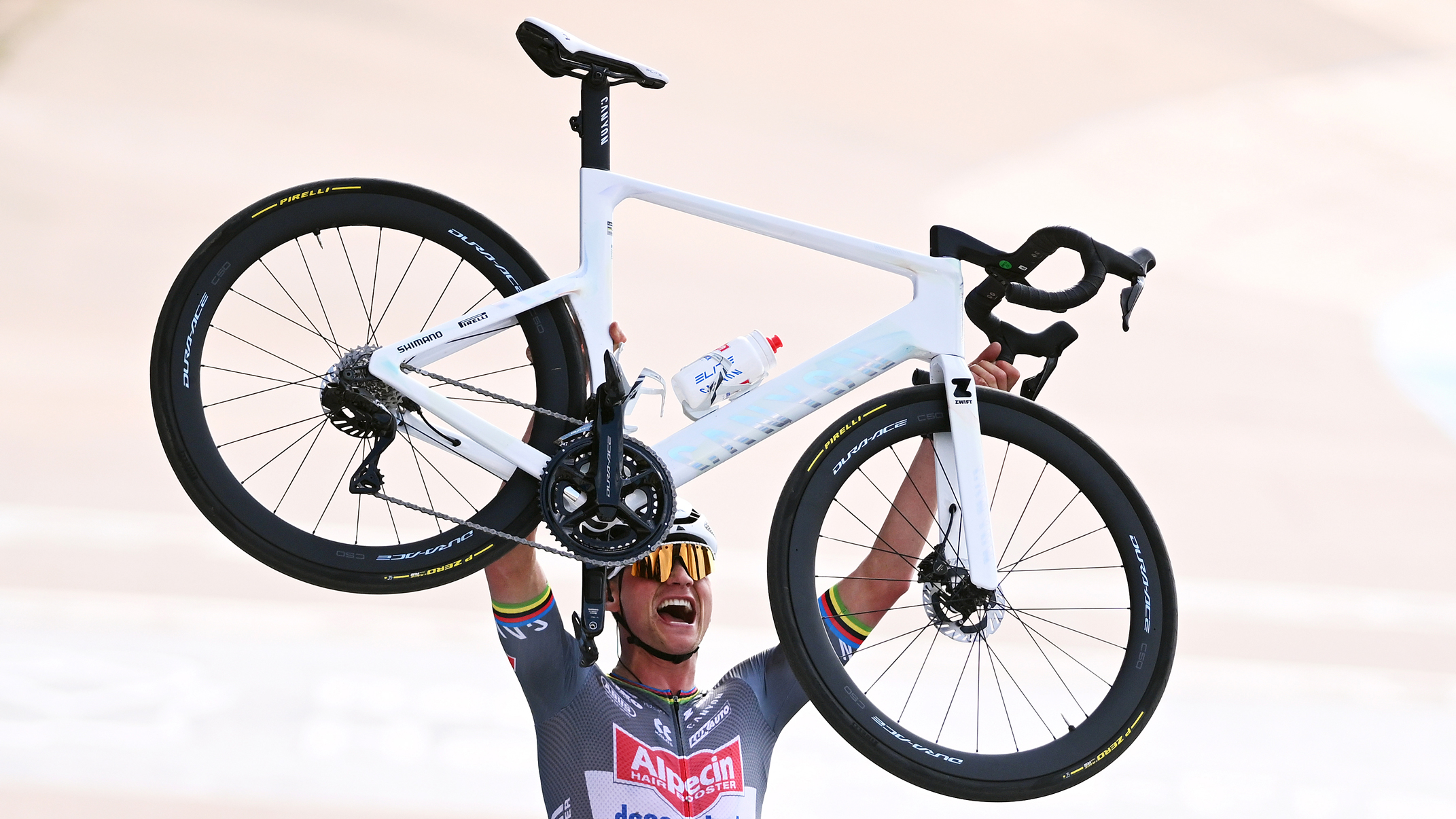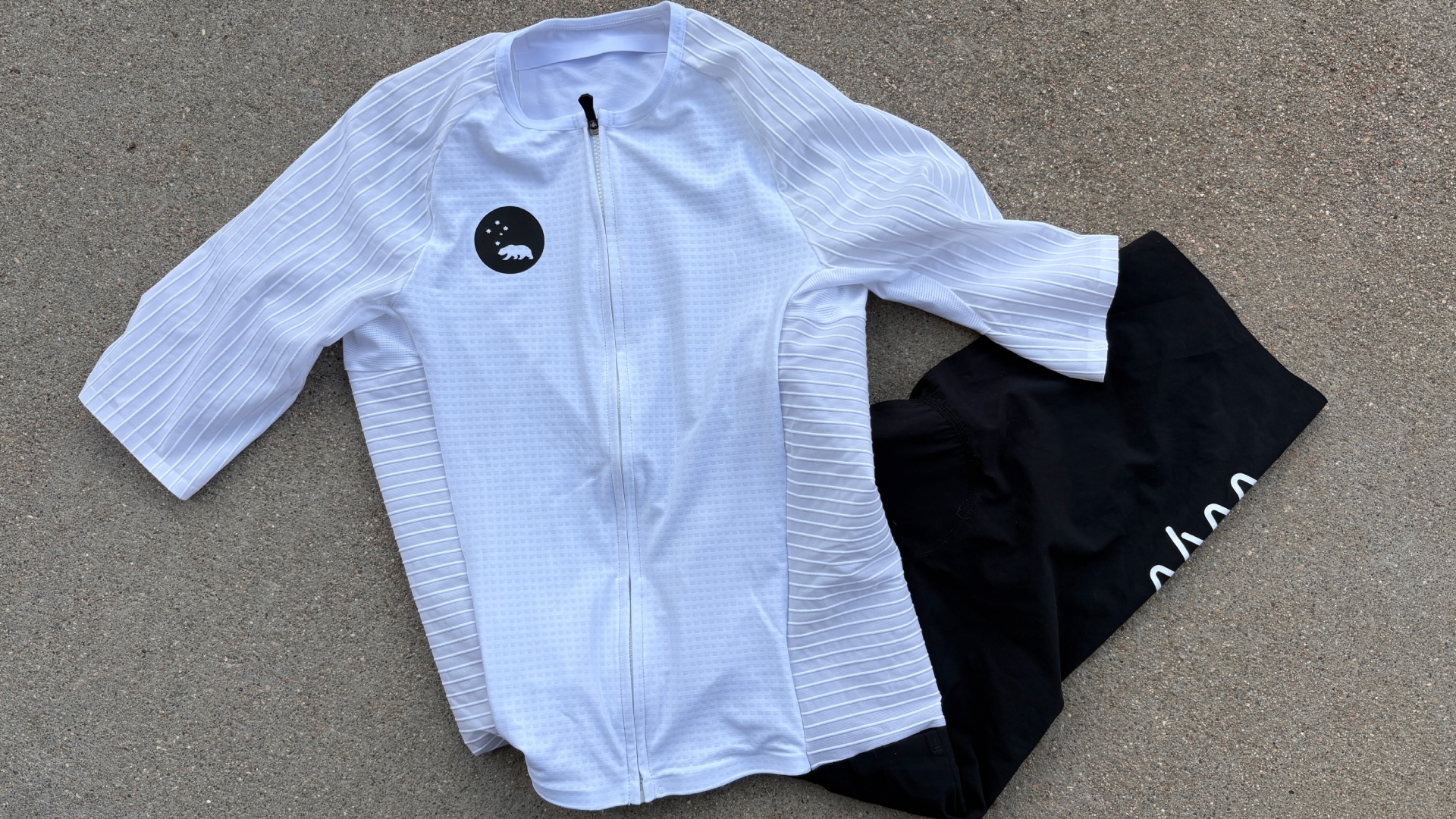RIDER BIOLOGICAL PASSPORTS READY FOR 2008


After two days of talks on anti-doping at France?s Ministry of Sport in Paris this week, all parties came out singing from the same hymn sheet. It was a rare moment of harmony between cycling?s key stakeholders that until now have been at constant loggerheads over the issue of doping.
The Union Cycliste Internationale (UCI), the World Anti-Doping Agency (WADA), national federations, team bosses and riders have at last agreed on how to move forward cycling?s clean-up.
As of January 2008, the UCI will pioneer the set-up, implementation and management of biological passports for riders; a trial run that could be rolled out to all other Olympic sports within the next few years.
Although the exact details are still to be thrashed out, each passport will bring together test data from all blood samples that a rider provides either to the UCI or their national federation, be it in our out of competition.
This data is then used to produce a profile for that rider which, over time, will give an accurate physiological baseline, fluctuations from which will clearly indicate a doping offence.
?The biological passport is a big step forward in being able to detect riders who are more likely to be doping,? the UCI?s Anti-Doping manager Anne Gripper said. ?We believe it?s a much more sensitive way of conducting a doping control programme."
The initiative means thousands more tests will be carried out, most of which will be done by the teams themselves. ?Some things have come together just at the right time for us. Over the last two months we?ve had the professional teams agreeing to fund and conduct much more out of competition testing, and we?ve had the scientists coming together and saying, yes, we?re ready to go with this.?
Get The Leadout Newsletter
The latest race content, interviews, features, reviews and expert buying guides, direct to your inbox!
Another giant leap to a clean sport is expected to be taken at next month?s world anti-doping conference in Madrid. ?The code is likely to be strengthened as far as using indirect evidence to prosecute anti doping violations,? Gripper explained. ?We?re moving away from a piece paper from the lab saying ?this has been detected,? to looking at a whole range of numbers and saying that that person has done something.
?We may not actually know what they?ve done. We may not know if they?ve taken EPO or if they?ve done a blood transfusion, but we know that they?ve manipulated their blood.?
In the past, this monitoring technique has allowed the UCI to focus their attention on certain riders. Using it to sanction a rider on a ?burden of proof? style ruling would go a long way to restoring cycling?s credibility.

Thank you for reading 20 articles this month* Join now for unlimited access
Enjoy your first month for just £1 / $1 / €1
*Read 5 free articles per month without a subscription

Join now for unlimited access
Try first month for just £1 / $1 / €1

Editor of Cycling Weekly magazine, Simon has been working at the title since 2001. He fell in love with cycling 1989 when watching the Tour de France on Channel 4, started racing in 1995 and in 2000 he spent one season racing in Belgium. During his time at CW (and Cycle Sport magazine) he has written product reviews, fitness features, pro interviews, race coverage and news. He has covered the Tour de France more times than he can remember along with two Olympic Games and many other international and UK domestic races. He became the 130-year-old magazine's 13th editor in 2015.
-
 Save £42 on the same tyres that Mathieu Van de Poel won Paris-Roubaix on, this Easter weekend
Save £42 on the same tyres that Mathieu Van de Poel won Paris-Roubaix on, this Easter weekendDeals Its rare that Pirelli P-Zero Race TLR RS can be found on sale, and certainly not with a whopping 25% discount, grab a pair this weekend before they go...
By Matt Ischt-Barnard
-
 "Like a second skin” - the WYN Republic CdA triathlon suit reviewed
"Like a second skin” - the WYN Republic CdA triathlon suit reviewed$700 is a substantial investment in a Tri Suit, and it is, but you’ll definitely feel fast in it
By Kristin Jenny